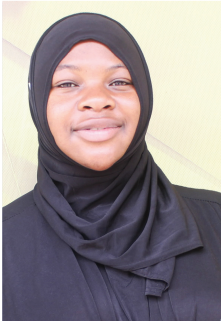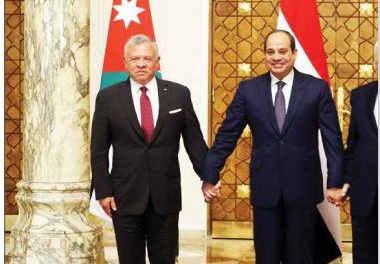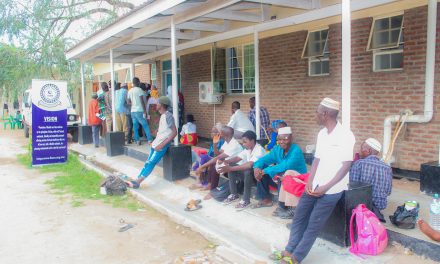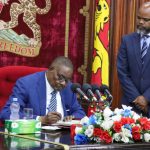
Independence in Malawi: The Elusive Dream

Malawi got its independence in 1964, marking the end of colonial rule and the beginning of a new era under the leadership of its first president, Dr. Hastings Kamuzu Banda. 6 July is marked as a day of commemoration and celebration.
However, as we reflect on the decades that have passed, it is evident that true independence remains an elusive dream for our nation.
Despite the political freedom gained, Malawi’s ability to make autonomous decisions is largely constrained by the influence of international donors, particularly the International Monetary Fund (IMF). The nation’s economic policies and priorities are often shaped by the objectives and interests of these external entities rather than the needs and aspirations of its own people. This dependency is a stark reminder that our independence is, in many ways, superficial.
It is perplexing to observe how seldom the IMF’s mandates are imposed on Western countries. This discrepancy raises critical questions about the fairness and equity of global economic governance. Why should African nations like Malawi be subjected to stringent conditions and oversight while wealthier countries navigate their economic challenges with far greater autonomy?
The people of Malawi must awaken to this reality and recognize the importance of reclaiming true independence. This requires a collective effort to prioritize national interests over external pressures.
African countries, including Malawi, must address their internal issues that perpetuate economic dependency. Greed and corruption are significant barriers to progress, and their eradication is essential for sustainable development.
Moreover, the ongoing extraction and export of valuable minerals to the West, often with minimal benefit to local economies, is another critical issue.
This practice undermines our potential for economic self-reliance and development. It is imperative for Malawi and other African nations to negotiate fairer terms that ensure a more equitable share of the benefits from their natural resources.
True independence encompasses not only political sovereignty but also economic self-sufficiency, mental liberation, and the freedom to pursue national interests without external influence.
Malawi must strive to achieve this holistic independence. It is time for our leaders and citizens to work together, making decisions that reflect our collective vision and aspirations.
Let us honor the spirit of our independence by forging a path towards genuine autonomy. By doing so, we can build a future where Malawi stands tall as a truly independent and prosperous nation.

































